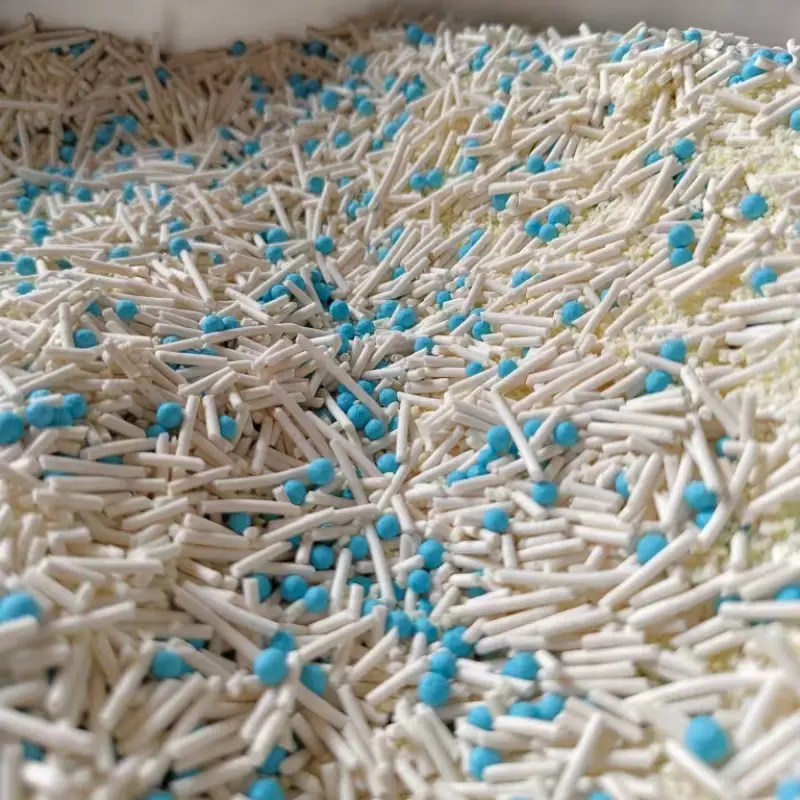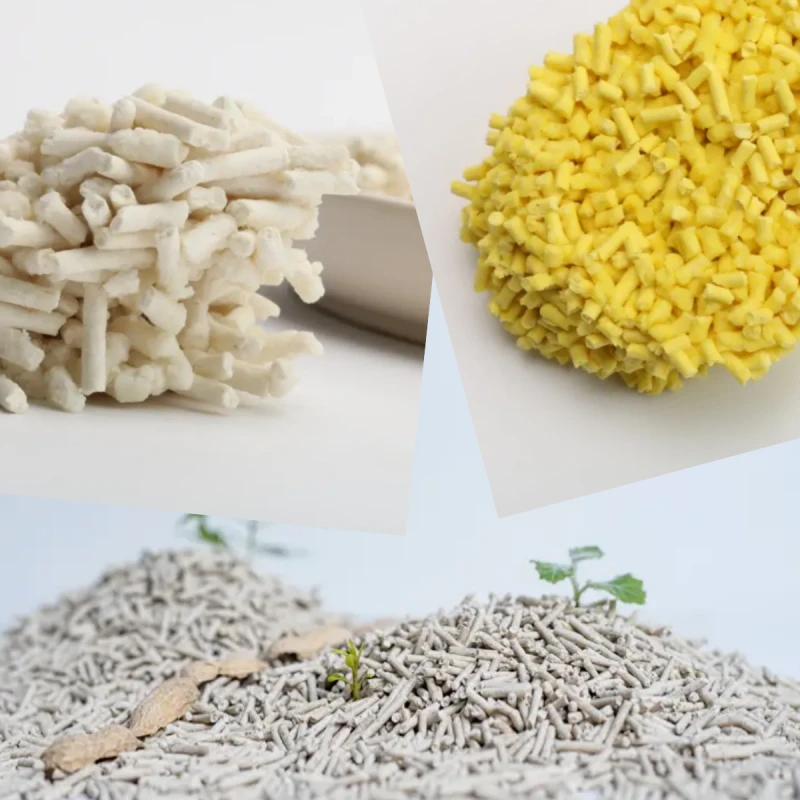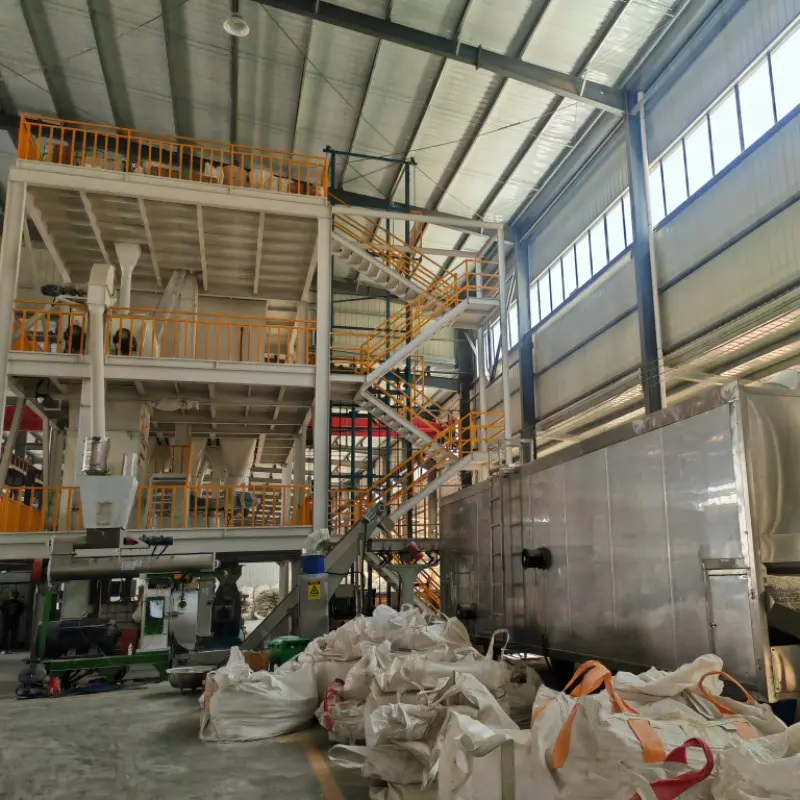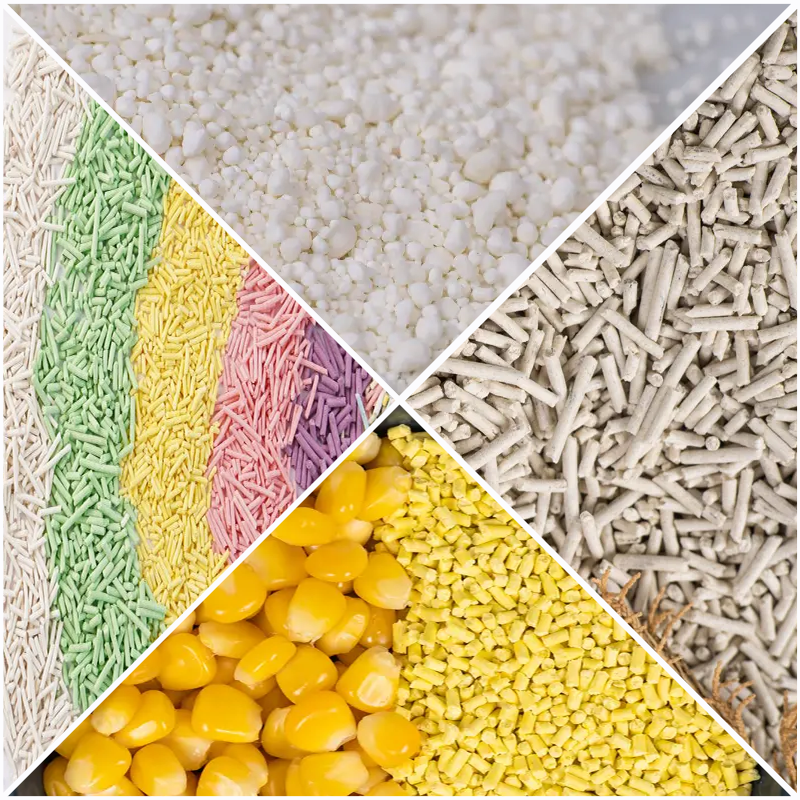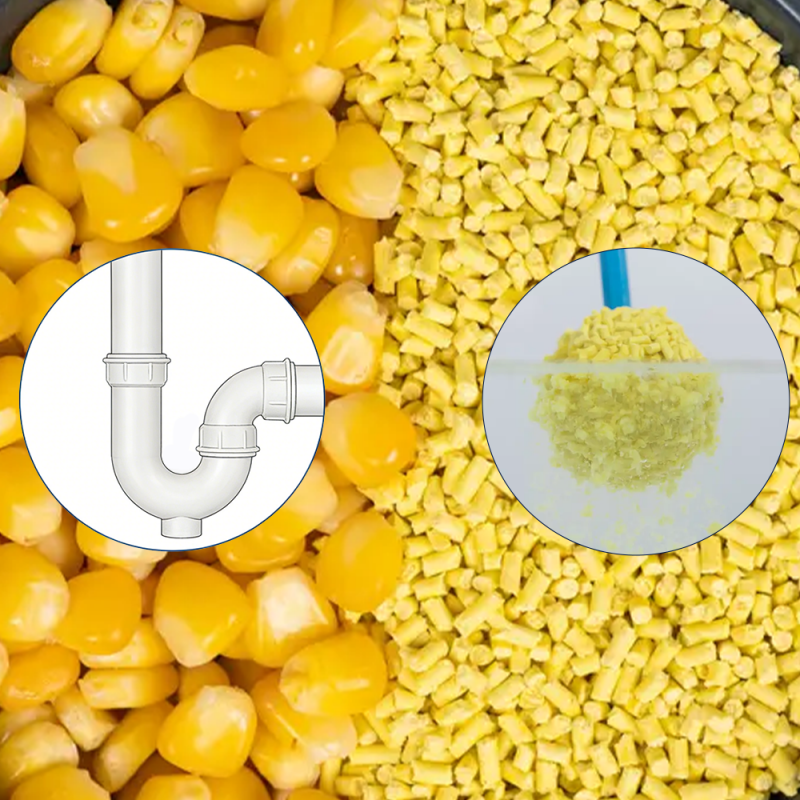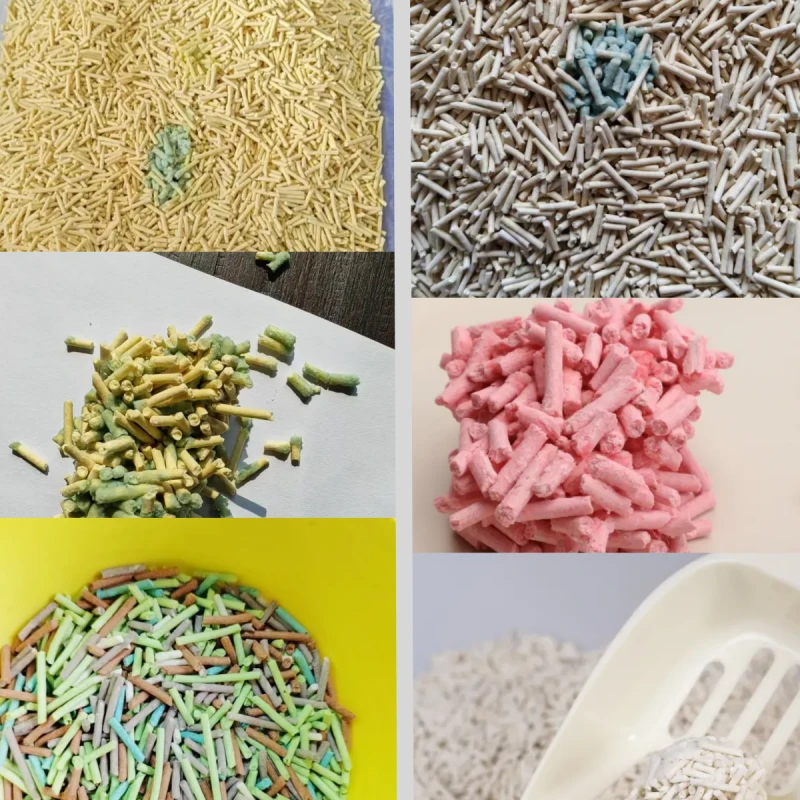What is HS code?
HS code, or "Harmonized System code," is an internationally recognized commodity classification system. It aims to standardize and unify the classification of various goods for international trade and statistical analysis. Managed and updated by the World Customs Organization (WCO), HS codes are widely adopted by almost all countries and regions.
The HS code is a numeric code consisting of 6 to 10 digits, where each digit represents a different category of goods. These categories are based on factors such as the nature, use, and material of the goods, dividing products into over a thousand different classifications in broad terms. This facilitates more convenient and transparent trade between different countries and regions.
The application scope of HS codes is extensive, used not only for customs declaration and clearance procedures but also in trade contracts, logistics transportation, statistical data collection, and product inspections. By utilizing a standardized HS code, international trade parties can more accurately understand and identify different goods, thereby promoting the development and operation of global trade.
What is the HS code for tofu cat litter?
The HS code for tofu cat litter is 1404909090. This classification reflects its specific manufacturing materials and characteristics.
Firstly, HS code 1404909090 primarily applies to products made from plant fibers, including but not limited to tofu cat litter. Tofu cat litter is typically made from soybean fibers or other plant fibers, hence its classification under this category. This material composition gives tofu cat litter excellent water absorption and odor control capabilities, making it a natural and biodegradable choice.
Furthermore, the HS code 1404909090 for tofu cat litter reflects its eco-friendly properties. Being made from plant fibers, tofu cat litter can be safely disposed of after use without causing negative environmental impacts like traditional mineral-based litter. The production process of tofu cat litter is also typically more environmentally friendly, reducing resource consumption.
In addition to its eco-friendly attributes, tofu cat litter offers other advantages. It is free from chemical additives, making it safer for cats and reducing the risk of allergic reactions associated with chemical ingredients. Moreover, tofu cat litter granules are lightweight and less likely to stick to the cat's fur, making cleaning more convenient and efficient.
Overall, tofu cat litter is gradually becoming the preferred choice for pet owners due to its eco-friendly and health-conscious characteristics. Its HS code 1404909090 classification reflects its plant fiber composition and underscores its position in international trade. With the increasing demand for environmentally friendly products, tofu cat litter is expected to continue garnering wider attention and recognition in the future.
When importing tofu cat litter, what issues should be considered?
Product quality and safety: Ensure that the imported tofu cat litter meets the quality standards and safety requirements of the country or region. Check information such as the production date, raw material composition, and manufacturing process to ensure reliable quality and safety.
Environmental sustainability: Tofu cat litter is an eco-friendly product, so its production and use should comply with environmental standards. Make sure the imported tofu cat litter does not contain harmful chemicals and can be effectively processed or recycled after use.
Import permits and regulatory requirements: Confirm whether importing tofu cat litter requires specific import permits or compliance with particular regulatory requirements. Different countries and regions may have various regulations for imported pet products, such as labeling requirements, packaging specifications, and hygiene quarantine requirements.
Brand reputation and supplier selection: Choose reputable and experienced suppliers or manufacturers to ensure the quality and reliability of the tofu cat litter.
Market demand and sales strategy: Before importing tofu cat litter, conduct market research to assess market demand and understand the preferences and buying habits of local consumers. Develop suitable sales strategies, including product pricing, channel selection, and marketing promotion, to ensure successful sales performance in the market.
By addressing these issues and taking appropriate measures, you can better manage the risks associated with importing tofu cat litter and ensure the smooth operation of your import business.
When transporting tofu cat litter by sea, what issues should be considered?
When transporting tofu cat litter by sea, attention should be paid to the following issues:
Packaging and loading: Ensure that the packaging of tofu cat litter meets the requirements for sea transportation and take appropriate loading and securing measures to prevent damage or leakage during transit. Typically, cardboard boxes or fumigated pallets are used.
Cargo protection: Take necessary waterproof measures to ensure that the tofu cat litter is not affected by seawater erosion. Additionally, avoid contact with other chemicals or hazardous substances to prevent any impact on the quality and safety of the tofu cat litter.
Shipping documents and customs procedures: Prepare the required shipping documents, including the bill of lading, packing list, commercial invoice, etc., and ensure compliance with the customs requirements of the destination country or region. Timely processing of customs clearance procedures to avoid delays or additional costs due to incomplete or non-compliant documents.
Insurance and risk management: Consider purchasing appropriate marine cargo insurance to cover potential losses or damages that may occur during transportation. Develop a comprehensive risk management plan to identify and address potential transportation risks in advance, minimizing losses and impacts.
By paying attention to these issues and taking corresponding preventive measures, you can better manage the risks associated with the sea transportation of tofu cat litter and ensure the safe and timely arrival of the cargo at its destination.

387.webp)
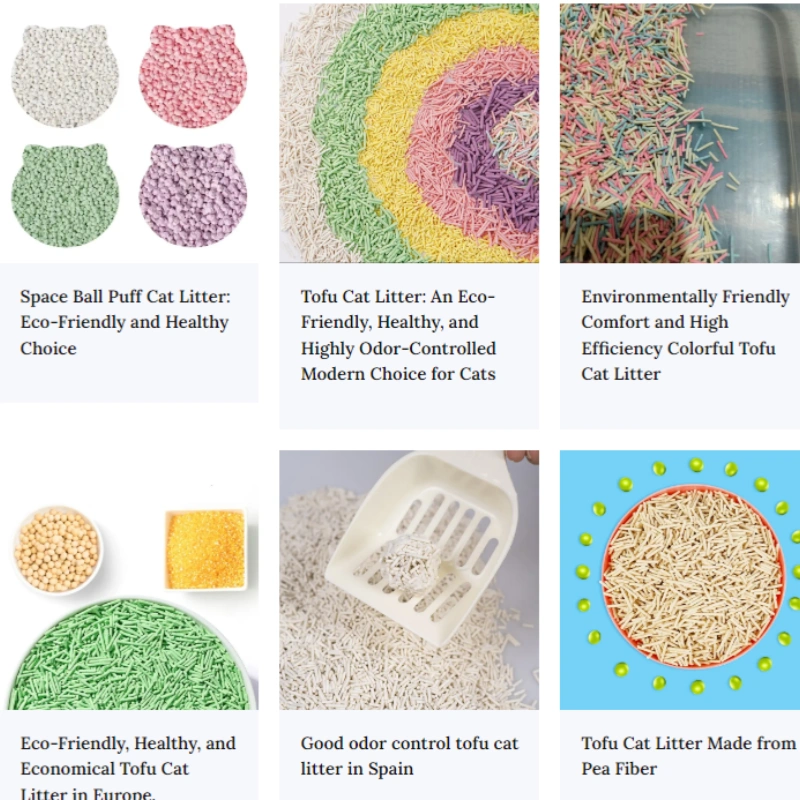
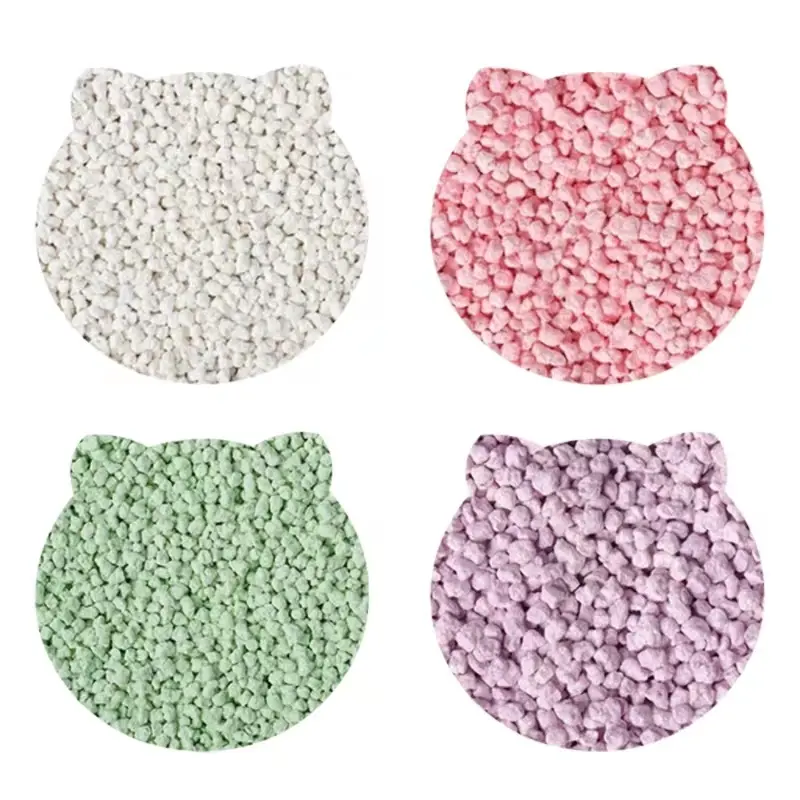
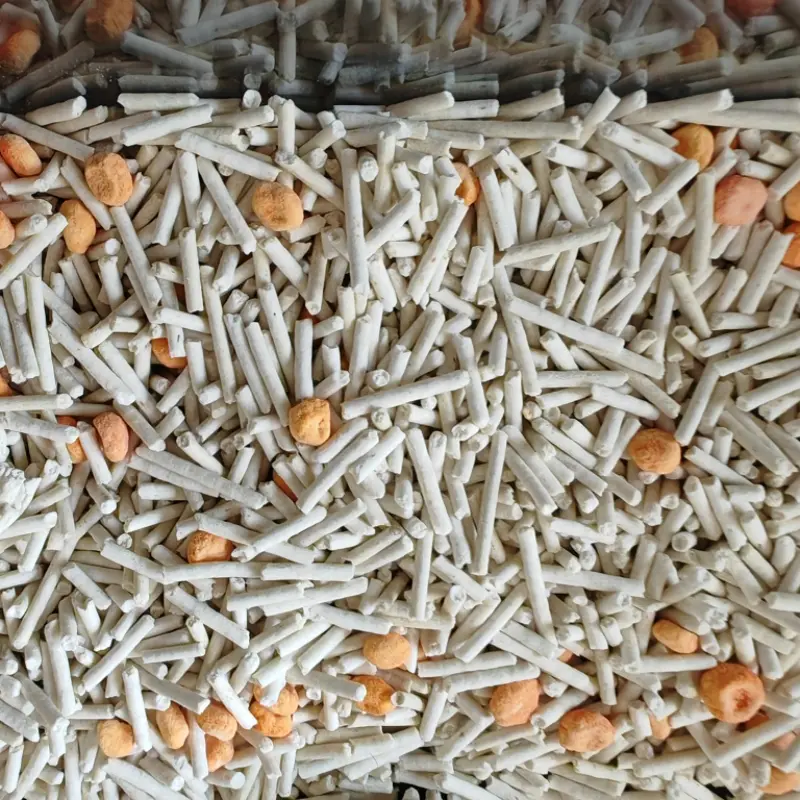
122.webp)
